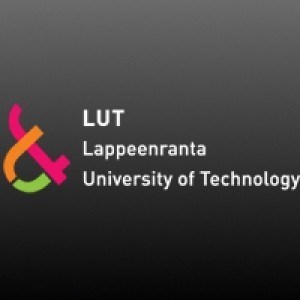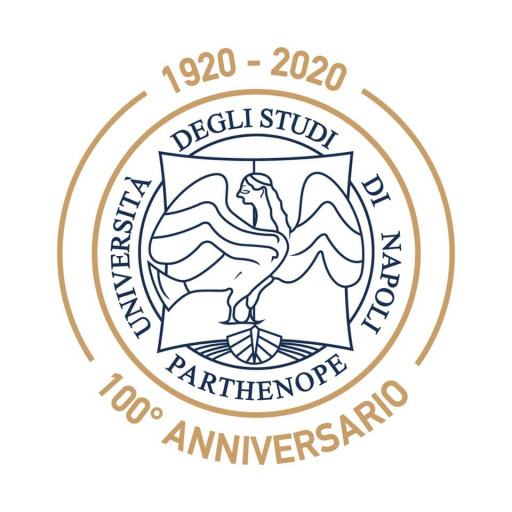Photos of university / #aaltouniversity
Aalto University offers a comprehensive Master's Programme in Finance designed to equip students with the necessary skills and knowledge to excel in the dynamic world of finance. The programme provides a solid foundation in financial theory, quantitative methods, and practical applications, preparing graduates for diverse careers in banking, asset management, corporate finance, and financial consulting. Students will engage with fundamental subjects such as financial economics, investment analysis, risk management, and financial markets, alongside specialized courses in areas like behavioral finance, financial regulation, and sustainable finance. The curriculum emphasizes analytical thinking, data-driven decision making, and ethical considerations, ensuring graduates are well-prepared to address complex financial challenges in a global context. Throughout the programme, students have the opportunity to develop their technical skills through rigorous coursework, hands-on projects, and internships, often collaborating with industry partners and research institutions. The programme also fosters critical thinking and innovation, encouraging students to explore emerging trends such as fintech, cryptocurrencies, and environmental, social, and governance (ESG) investing. With access to top-tier faculty members who are active researchers and industry professionals, students receive personalized mentorship and guidance tailored to their career goals. The programme culminates in a master's thesis, allowing students to conduct in-depth research on a finance-related topic of their choice. Graduates of the Aalto MSc in Finance are highly valued by employers for their strong analytical capabilities, practical expertise, and ethical mindset, making them competitive candidates in international financial markets. Overall, the programme aims to prepare responsible leaders who can contribute innovative solutions to financial challenges and promote sustainable growth within the industry.
In our programme, you can tailor your degree by specialising in one of two areas of concentration:
Corporate finance prepares you for entry-level positions in e.g. investment or commercial banking, management consulting, or the finance and corporate planning functions of industrial firms.
The core topics you will learn about include
- analysing and choosing investment projects
- mergers and acquisitions
- agency theory
- investment banking and obtaining funds from the primary markets
- project and trade finance, and
- capital structure and dividend decisions
Financial markets prepares you for entry-level positions in e.g. investment management and strategy, venture capital and private equity, and risk management.
The core topics you will learn about include
- behaviour and determinants of security prices
- their implications on portfolio management
- behavioural finance and investor psychology
- venture capital
- risk management, and
- pricing options, futures, and other derivatives
ADMISSION REQUIREMENTS
1. General admission requirements
The application must first fulfill the general eligibility requirements before it is sent to the Master's programme for academic evaluation. Read carefully the general admission requirements, selection schedule, required application documents and application instructions on our website section admissions. See also language requirements.
In addition to the general eligibility requirements, each Master's programme has programme-specific evaluation criteria.
2. Programme-specific requirements
Academic evaluation criteria of the Master's Programme in Finance is based on considering the following areas:
- GMAT/GRE test score. Note that this receives the most weight in selection (exact weightings are not disclosed).
- Academic achievement (considering absolute and relative performance, the type of degree and the reputation of the institution granting it).
- Motivational letter, preferably less than 300 words
- Video phone (e.g., Skype) interview for selected candidates
It can be considered an advantage to have completed the basics of finance (discounting and present value, cost of capital, basics of asset pricing and portfolio theory, basics of financial institutions and financial markets). Students with little background in finance selected to the programme may be required to complete one or two B.Sc. level finance courses (such as Corporate Finance and/or Financial Markets and Institutions and/or Econometrics for Finance) during their first year of studies.
The Financing track within the Master’s degree in Economics and Business Administration at Aalto University offers comprehensive coursework designed to equip students with a deep understanding of financial theories, models, and their practical applications in the global economic environment. The program emphasizes core concepts such as financial management, corporate finance, investment analysis, and financial markets, providing students with the analytical tools necessary to make informed financial decisions. Students gain exposure to quantitative methods, risk assessment, and the functioning of financial institutions.
Funding for students pursuing this specialization is available through various channels. Aalto University provides merit-based scholarships aimed at highly motivated students demonstrating academic excellence and potential for leadership in the field of finance. In addition to university-specific scholarships, students have access to national and international scholarship programs, some of which are facilitated by Finnish government agencies or private foundations. These scholarships often cover tuition fees partially or in full and may also include stipends for living expenses.
Students are encouraged to seek part-time work opportunities in related industries, such as banking, asset management, or consulting, which not only provide practical experience but also help alleviate financial burdens. The university's career services frequently organize job fairs, internship placements, and networking events that can connect students with potential employers, thereby enhancing their employment chances after graduation.
Financing studies at Aalto University also includes information on student loans and grants available through the Finnish Student Financial Aid system. Finnish residents and eligible students can apply for these grants, which support living costs during their studies. International students are advised to investigate eligibility for external funding sources specific to their home country or sponsor programs.
Cost management is an important aspect of student finance, and Aalto University provides guidance on budgeting and financial planning to help students efficiently allocate resources throughout their studies. Overall, financing opportunities at Aalto University are designed to ensure that students can focus on their academic and professional development without undue financial stress, facilitating a conducive environment for cultivating future finance professionals.
Learning outcomes
The Master’s Programme in Finance gives you a solid theoretical and practical skill set that will help you work successfully in a world where financial services are global, significant to the economy, and in constant change – and where the financial environment is increasingly aware of system-wide risks, conflicts of interest, and regulatory challenges.
Upon graduating from the programme, you will be able to
- understand the features of capital markets
- understand the models and theories of corporate financing and investment decisions
- apply these ideas independently and analytically in working life
- analyse corporate risk factors quantitatively
- evaluate the value of e.g. derivative instruments using sophisticated evaluation tools
- apply financial tools to a number of situations both in strategic decision making of the firm (e.g. mergers and acquisitions) and in day-to-day management (e.g. portfolio and risk management)
In addition, you will be able to develop solid general management skills, including:
- analytical, teamwork, and problem solving skills
- advanced-level international business communication skills
- understanding of challenging issues in business ethics
The programme is also known for preparing some of its students for the world’s best doctoral programmes in Finance.










